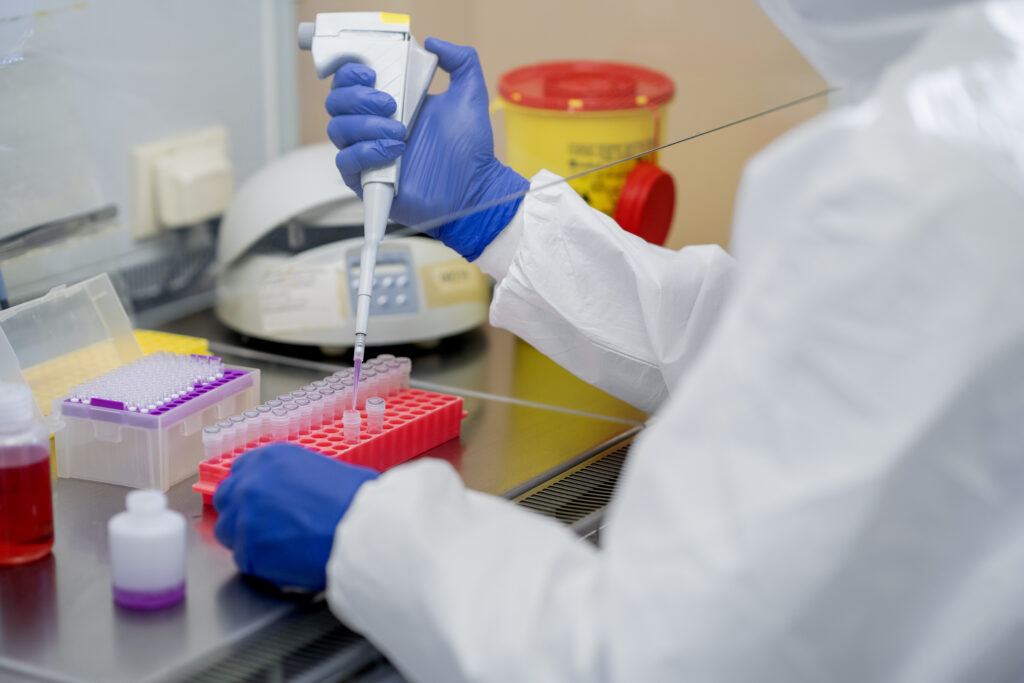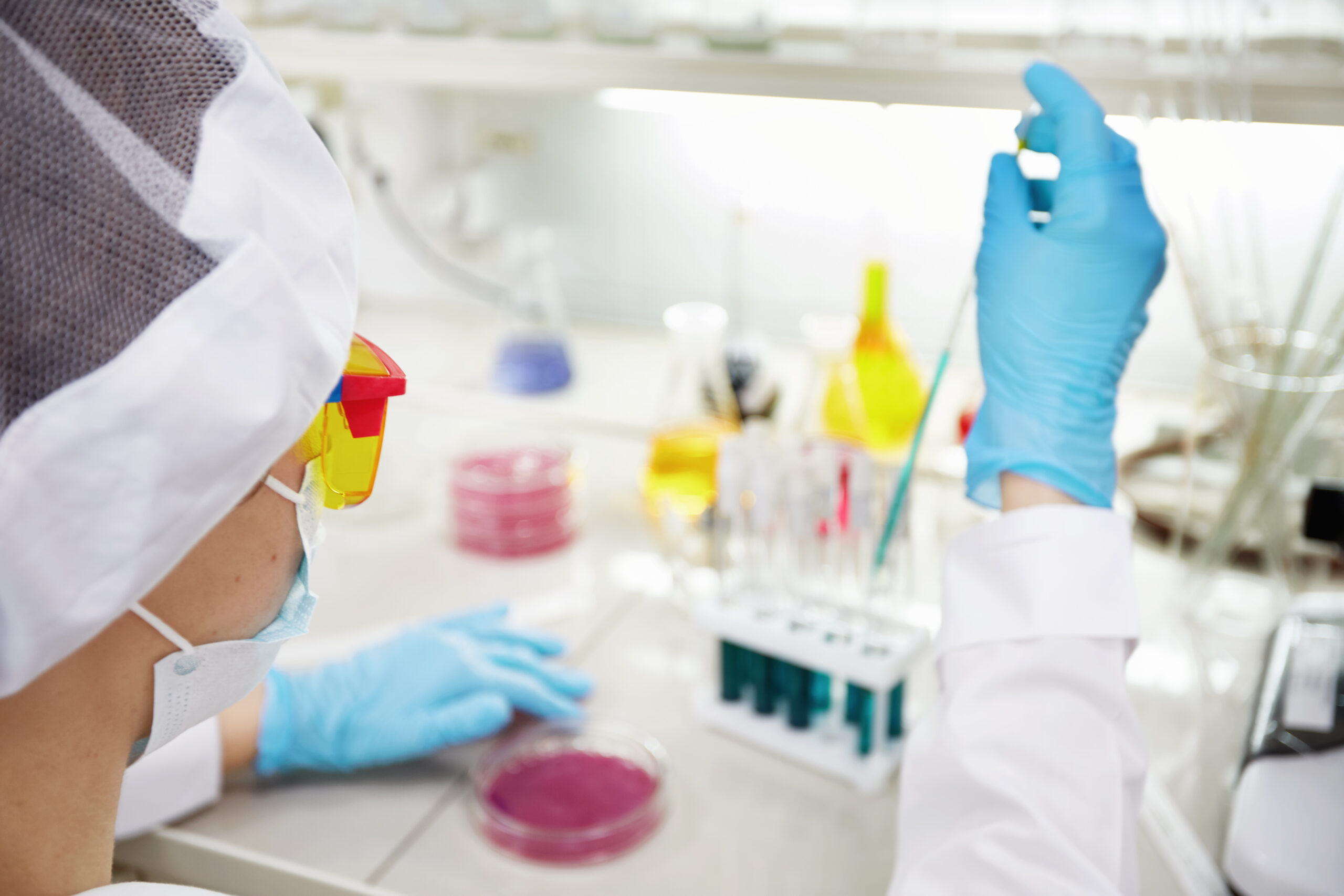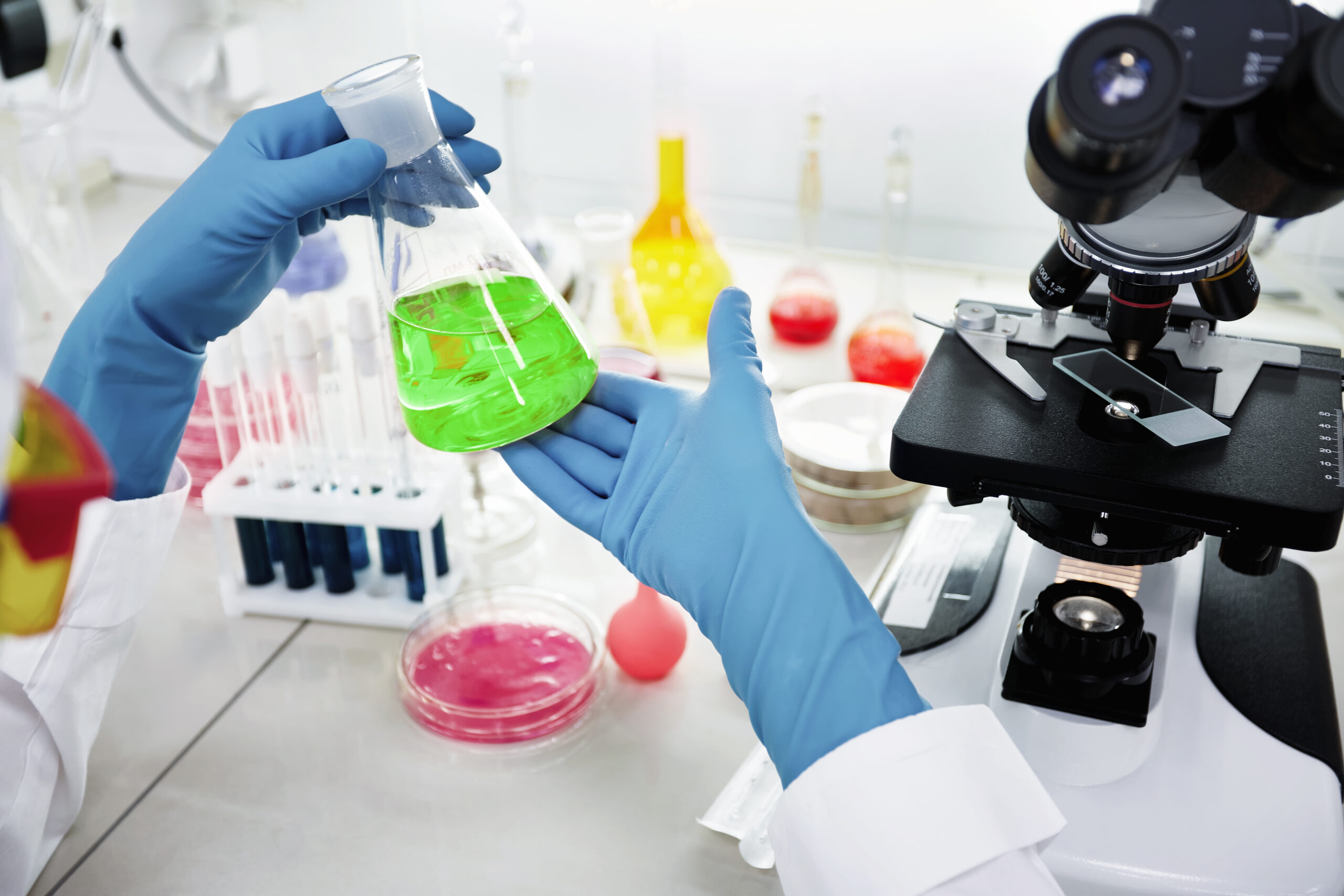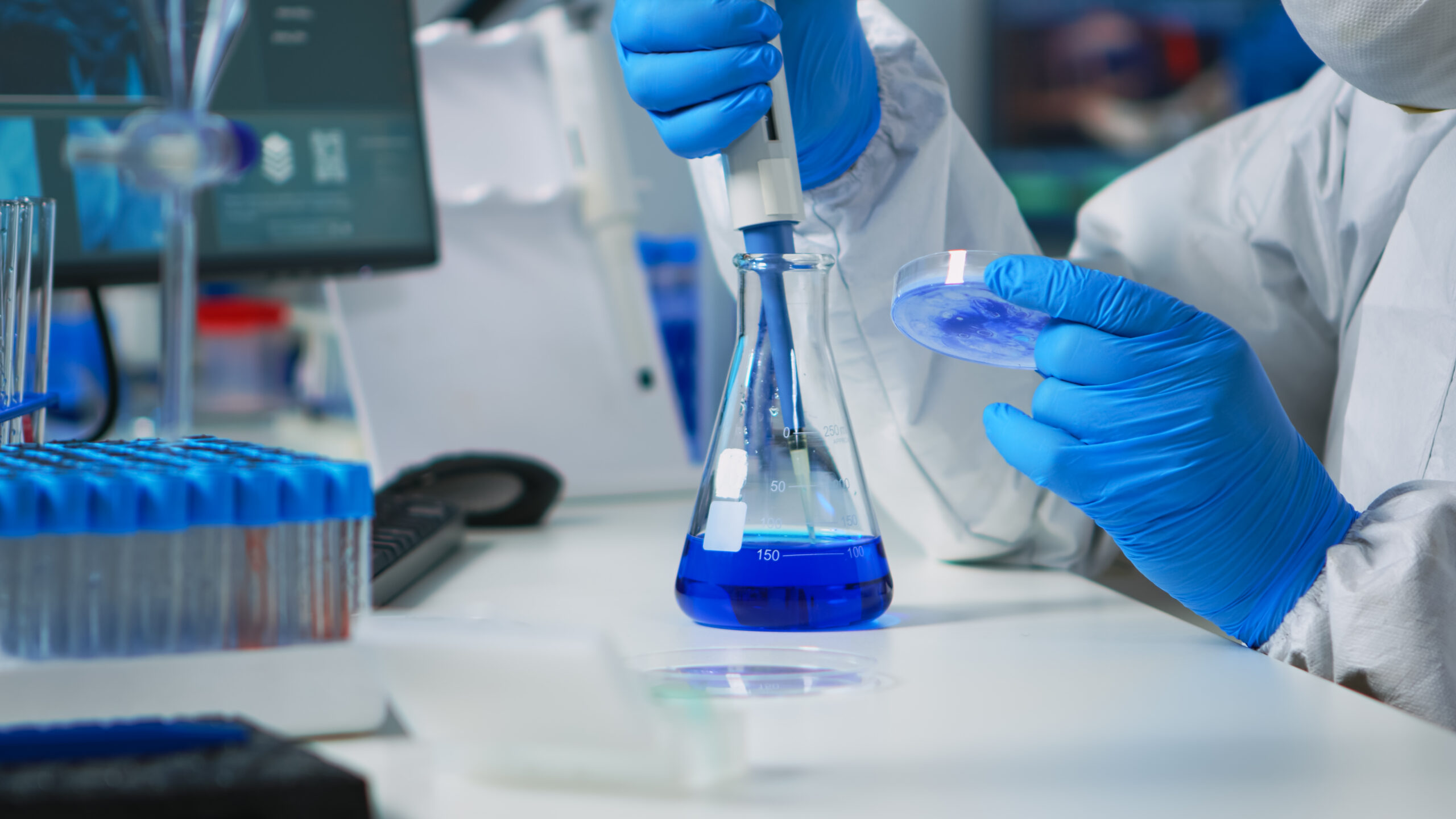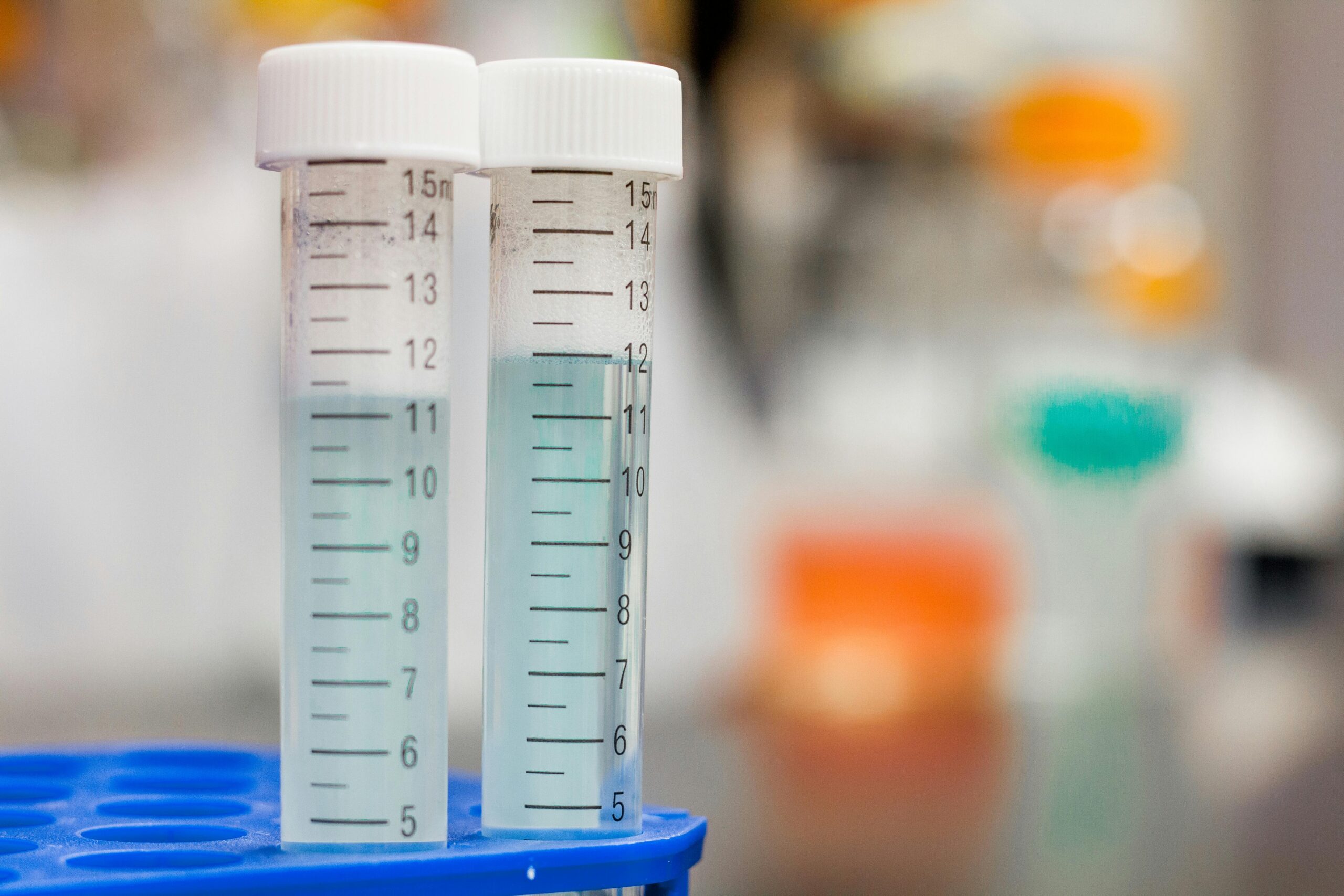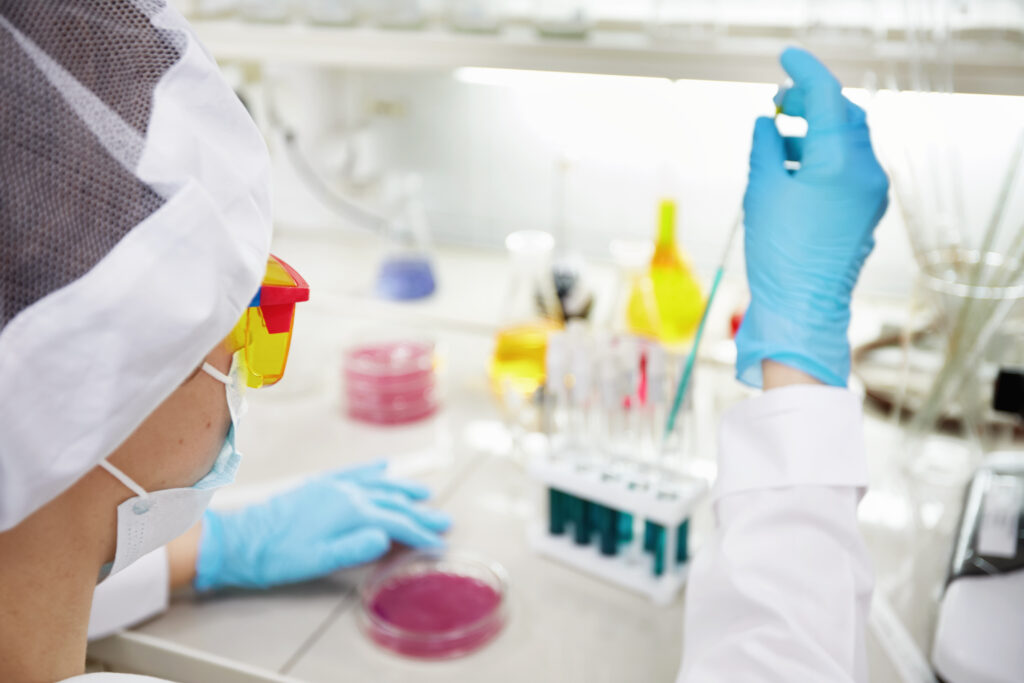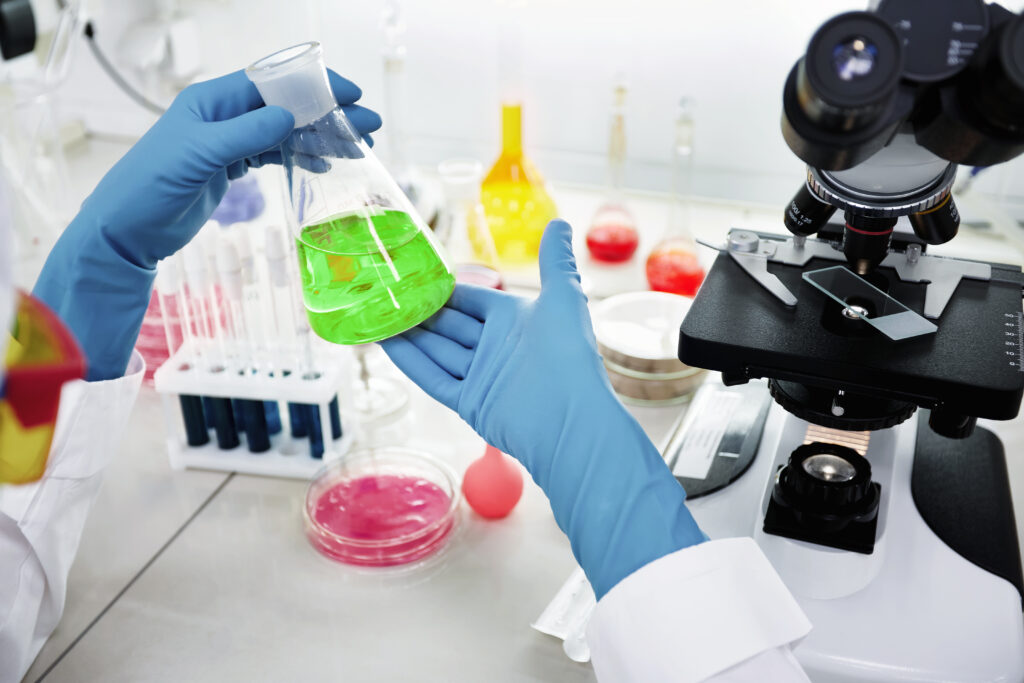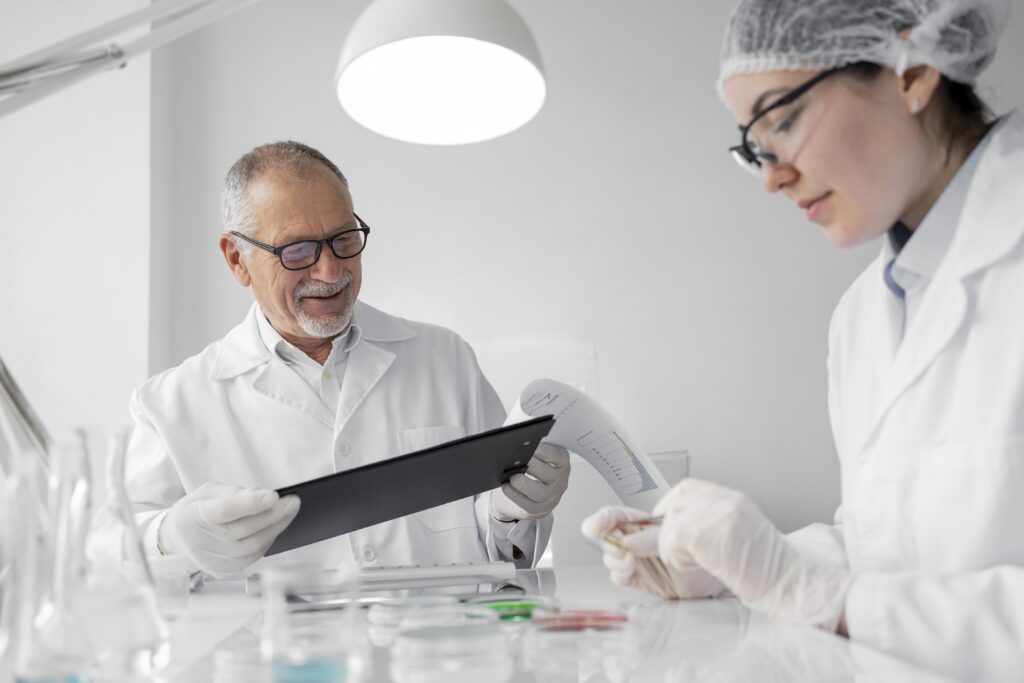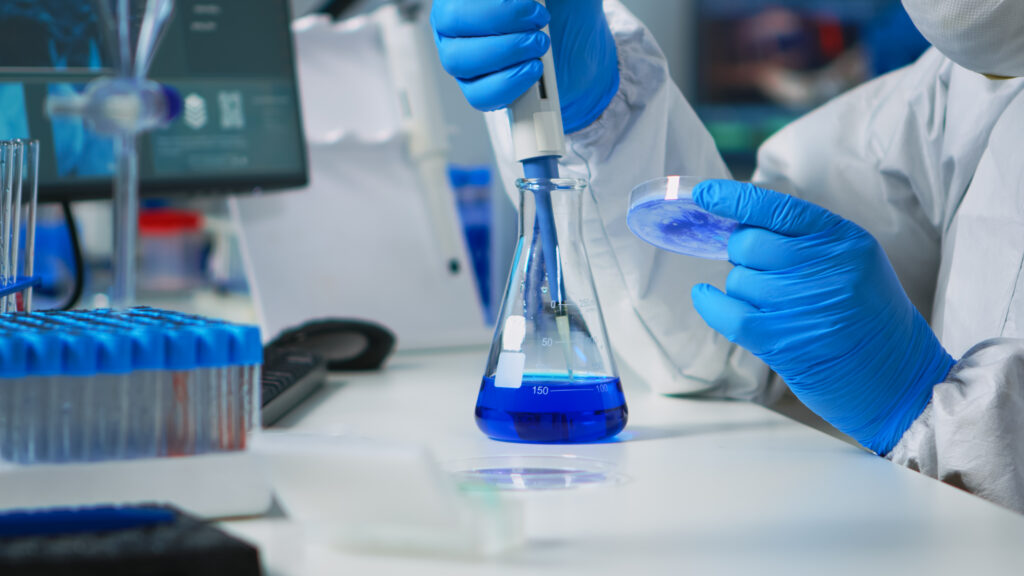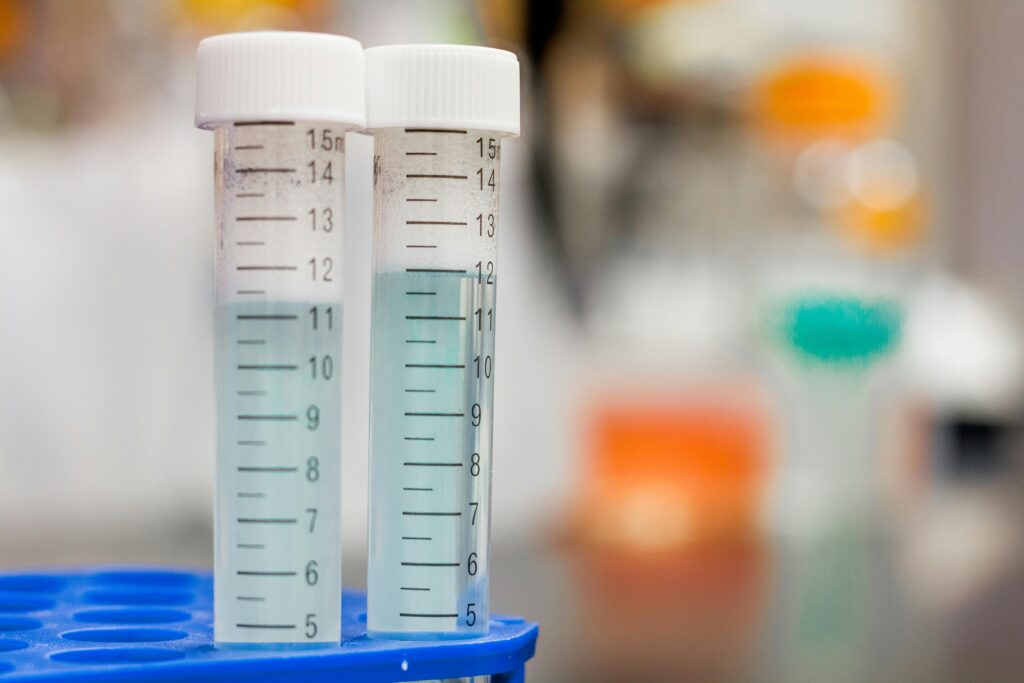Safety is critical in the food processing industry. Food makers are trusted by consumers to deliver items that are both palatable and safe to eat. Extensive testing of ingredients is an essential part of guaranteeing food safety. Food ingredient testing is essential to ensuring the safety, quality, and authenticity of components used in food products. We will discuss the importance of food ingredient testing in ensuring the safety of products in this article, emphasizing the crucial part that food testing labs play in this procedure.
Understanding Food Ingredient Testing
It’s important to know what food component testing involves before diving into its significance. Analyzing different ingredients, such as additives and raw materials, is part of the process of food ingredient testing. The purpose of this procedure is to confirm that substances are safe, pure, and meet consumer and regulatory criteria.
Ensuring Product Safety
The foundation of any respectable food production business is product safety. Ingredients that are tainted or adulterated can seriously endanger consumers’ health by causing allergies or foodborne diseases. Food makers can reduce these hazards and maintain product safety by putting ingredients through stringent testing procedures
Identification of Contaminants
The identification and detection of contaminants is one of the main goals of food ingredient testing. Several things can produce contaminants, such as the environment, processing machinery, or careless handling techniques. Heavy metals, allergies, insecticides, and infections are examples of common pollutants. Food testing laboratories employ sophisticated analytical methods to precisely identify and measure these impurities, guaranteeing that components fulfill safety requirements.
Verification of Ingredient Authenticity
Authenticity of ingredients is becoming increasingly important in today’s worldwide food chain. Any point in the supply chain where adulteration, replacement, or mislabeling of ingredients takes place might jeopardize the safety and quality of the final product. Testing food ingredients is essential to confirm their validity, as well as to make sure they are appropriately labeled and adulterant-free. Incorporating ingredient testing into food products helps preserve consumer confidence by identifying dishonest practices like food fraud or misrepresentation.
Compliance with Regulatory Standards
Strict regulations and norms controlling the safety and quality of food items apply to food manufacturers. These rules are non-negotiable, and breaking them will have dire repercussions, such as penalties, recalls, and harm to a brand’s reputation. Testing food ingredients is essential to guaranteeing adherence to regulations, giving producers peace of mind that their goods are safe to eat and comply with legal specifications.
Quality Assurance and Product Consistency
The safety and quality of food items are governed by strict regulations and norms that apply to food makers. There are serious repercussions for breaking these rules, such as penalties, recalls, and harm to a brand’s reputation. Compliance is mandatory. Testing food ingredients is crucial to maintaining regulatory compliance and giving producers peace of mind that their goods are safe to eat and comply with legal regulations.
Consumer Confidence and Trust
For food makers, trust and openness are crucial in this age of increased consumer awareness. Customers are seeking greater transparency on the sourcing of ingredients and production methods, and they are closely examining product labels. Food ingredient testing gives consumers peace of mind by guaranteeing that goods are put through rigorous safety and quality testing. Manufacturers may cultivate consumer loyalty and trust by exhibiting a dedication to product safety and openness.
The Role of Food Testing Labs
To evaluate the safety and quality of ingredients, food testing labs are at the forefront of ingredient testing, using a variety of analytical techniques and procedures. These labs have the most up-to-date equipment and knowledge available to do extensive testing, such as chemical testing, genetic testing, allergy identification, and microbiological analysis. Food testing laboratories are essential to the development and production of new products by food manufacturers. They provide fast, precise testing services that guarantee product safety and adherence to legal requirements.
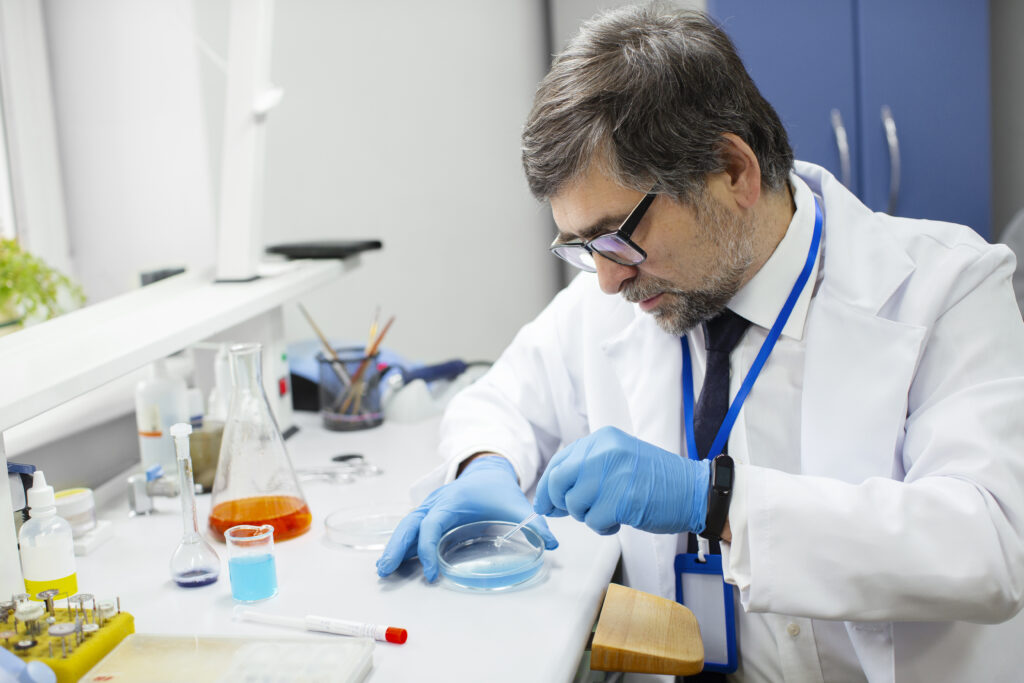
Emerging Challenges and Opportunities
Food ingredient testing is essential to guarantee the safety of products, but it is not without difficulties. The food sector is always changing, with new production techniques, ingredients, and technology appearing regularly. To stay up with these changes, food testing labs must therefore innovate and adapt.
Finding new pollutants and foodborne pathogens is one of the problems food testing labs face. additional viruses and pollutants may enter the food supply chain as a result of increased trade and globalization, creating additional difficulties for testing and detection. Furthermore, new developments in food production methods, such as genetically modified organisms (GMOs) or nanotechnology, bring special testing requirements that call for creative solutions from food testing labs.
Furthermore, ingredient testing is made more difficult by the complexity of today’s food items.
The Future of Food Ingredient Testing
The food industry’s growing cooperation and continuous technological developments bode well for the future of food ingredient testing. Food testing laboratories will remain essential to guaranteeing the security and caliber of food items, utilizing state-of-the-art equipment and knowledge to tackle new problems.
Moreover, the significance of sustainability and transparency in the food business is being increasingly acknowledged. Customers are getting more and more information on the safety, provenance, and production processes of the food goods they buy. By offering thorough testing services that confirm ingredient authenticity, traceability, and adherence to ethical and environmental norms, food testing labs can assist in meeting these objectives.
Conclusion
To sum up, food ingredient testing is essential to guarantee the security, excellence, and legitimacy of food items. To protect customer health and trust, ingredient testing is essential since it helps discover contaminants, confirms the authenticity of ingredients, ensures compliance with regulations, and maintains product consistency. Food testing labs are essential to this process because they give manufacturers the knowledge and tools they need to thoroughly examine ingredients. Food ingredient testing is crucial to guaranteeing product safety since consumers will always value safety and openness. Food businesses can maintain the highest standards of safety and quality and gain the trust and loyalty of consumers worldwide by prioritizing ingredient testing.

